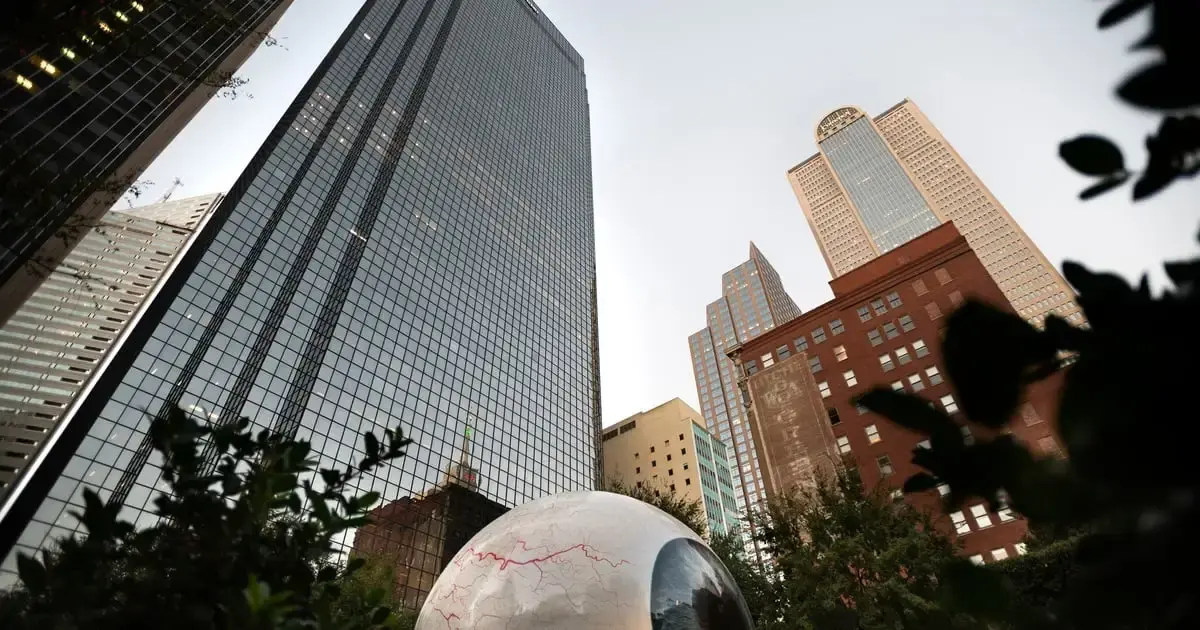The Austin situation is too far gone for projects like these to make a dent. Plus, people who can afford to live downtown would much rather have land out in Westlake.
The solution to the housing crisis, much as I hate to say it as someone who’s a fan of infill and transit, is more single-family homes. At least here. People want to get out of renting and start families, not another apartment but this time 15 stories up and far from an HEB.
Counter point, I think that Vancouvers new policy has a solid chance of working, and that’s basically the opposite of single family housing. It will take a few years to take effect, but it should have an effect.
It will take a few years to take effect
This is why few big things get done in America. My city took 30 years to build light rail because every time it came up people whined about how long it would take to build and the attendant inconvenience of the build, but now we have it and it’s in the process of being expanded because it’s so popular.
🤖 I’m a bot that provides automatic summaries for articles:
Click here to see the summary
DALLAS — From an 18th-floor apartment smack dab in the middle of downtown, a renter sipping coffee at a quartz countertop would have a view of towering office buildings and a distant horizon.
It’s a complicated idea that nonetheless has gotten the backing of the Biden administration — which in October launched an initiative to encourage cities and states to find ways to convert vacant office buildings into affordable housing, in part with federal financing.
For instance, nearly 20% of the office space in Austin’s central business district is sitting vacant, according to recent figures from CBRE Group, a commercial real estate services and investment firm.
“You’ve got interest rates, they’re high and maybe they haven’t finished rising,” said Phil Mobley, national director of office analytics at CoStar, a company that tracks commercial real estate.
Though there’s plenty of office-to-residential conversion activity going on in the country, it accounts for a small slice of the nation’s overall office space, said Julie Whelan, who studies trends in commercial real estate for CBRE.
The firm intends to convert nearly a quarter of the 6.5 million square feet of office space it owns in Dallas’ urban core into residences, she said — a move that will produce close to 1,100 units.
Saved 87% of original text.






